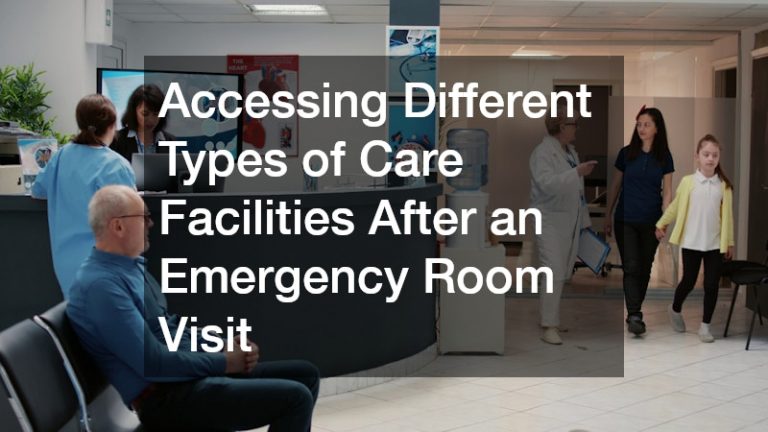As our parents age, it becomes increasingly important to provide them with care. But what does that entail? How do you go about finding the right help for your elderly parents? This guide provides everything you need to know about caring for elderly parents, from finding the right caretaker to keeping them comfortable and happy. So without further ado, let’s get started.
Find the Right Caretaker
The first step in caring for elderly parents is finding the right home nursing care provider. This is someone who will be responsible for their well-being and making sure they’re comfortable. There are a few things to consider when choosing a caretaker.
First, you’ll want to make sure the provider is licensed and insured. This ensures that they’re qualified to provide care and that you won’t be held liable if something goes wrong. Second, you’ll want to find someone who has experience caring for elderly parents. This ensures that they know how to properly care for your loved ones.
Last but not least, you’ll want to find a compatible provider with your parents. This means finding someone who shares their values and who they can get along with. Once you’ve found the right provider, you can move on to the next step.
Make Sure Your Parents Are Comfortable
One of the most important things you can do for your elderly parents is to make sure they’re comfortable. This means ensuring that their home is safe and accessible and that they have all the necessary supplies and equipment. It also means making sure they have access to adequate medical care.
Be sure to check that their home is free of trip hazards and that there are no loose carpets or rugs. Make sure they have a well-lit path to the bathroom and that their bed is at a comfortable height. Additionally, be sure to provide them with any necessary medical equipment, such as a blood pressure monitor or a wheelchair.
Access to Adequate Medical Care
As our parents age, it’s essential to make sure they have access to adequate medical care. This means finding a primary care physician to provide regular check-ups and screenings. It also means having a plan in place in case of an emergency.
If your parents don’t have a regular doctor, you can help them find one by doing some research. You can start by asking your own doctor for recommendations. You can also look for doctors who specialize in geriatric care.

Once you find a few potential doctors, you can call their offices to ask about things like appointment availability and accepting new patients. You can also ask about the doctor’s experience with treating elderly patients.
Communicate Effectively
It’s important to communicate effectively with your elderly parents. This means having regular conversations about their care and making sure they understand their options. It also means being respectful of their wishes and preferences.
You should also keep the lines of communication open with your siblings or other family members who are helping to care for your parents. This will help everyone involved feel more confident and comfortable about the situation.
Make Sure Your Parents Have a Say in Their Care
It’s important to involve your parents in decisions about their care. They should have a say in what type of care they receive and how it’s delivered. Make sure you take the time to listen to their concerns and preferences.
If your parents cannot make decisions about their care, you’ll need to make those decisions for them. In some cases, this may require getting a legal guardian appointed.
Consider Your Parents’ Needs
When trying to figure out how to best care for your parents, it’s important to consider their needs. Their needs will likely change over time, so it’s important to be flexible and adaptable. Some of the things you’ll need to consider include:
- Their medical needs
- Their physical needs
- Their emotional needs
- Their social needs
Not every parent will have the same needs. You’ll need to tailor your approach to their individual needs.
Provide Emotional Support
Caring for elderly parents can be emotionally challenging. It’s important to be there for them and provide them with the support they need. This means being understanding and patient and being available to talk when needed.
You should also try to find ways to lighten their load. This might mean doing things like taking on some of their responsibilities or helping them with their day-to-day tasks.
There you have it! These are just a few tips to help you care for your elderly parents. By following these tips, you can make sure they’re comfortable and happy.




